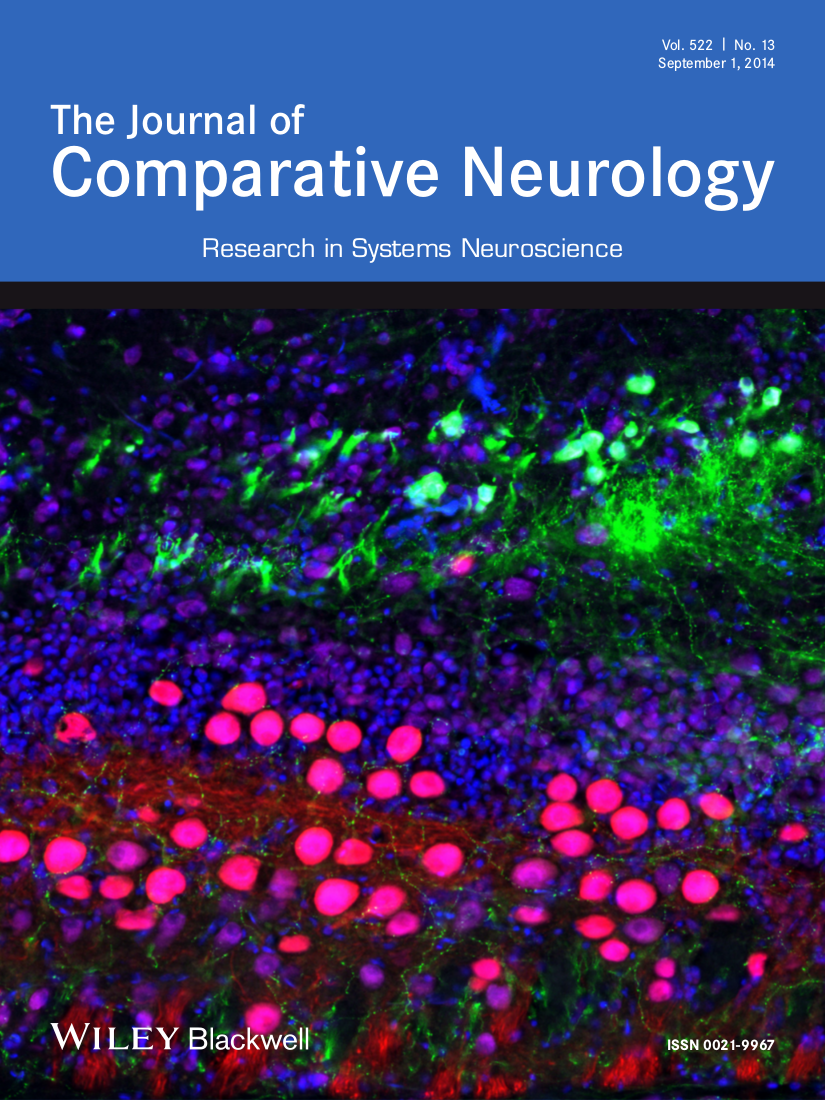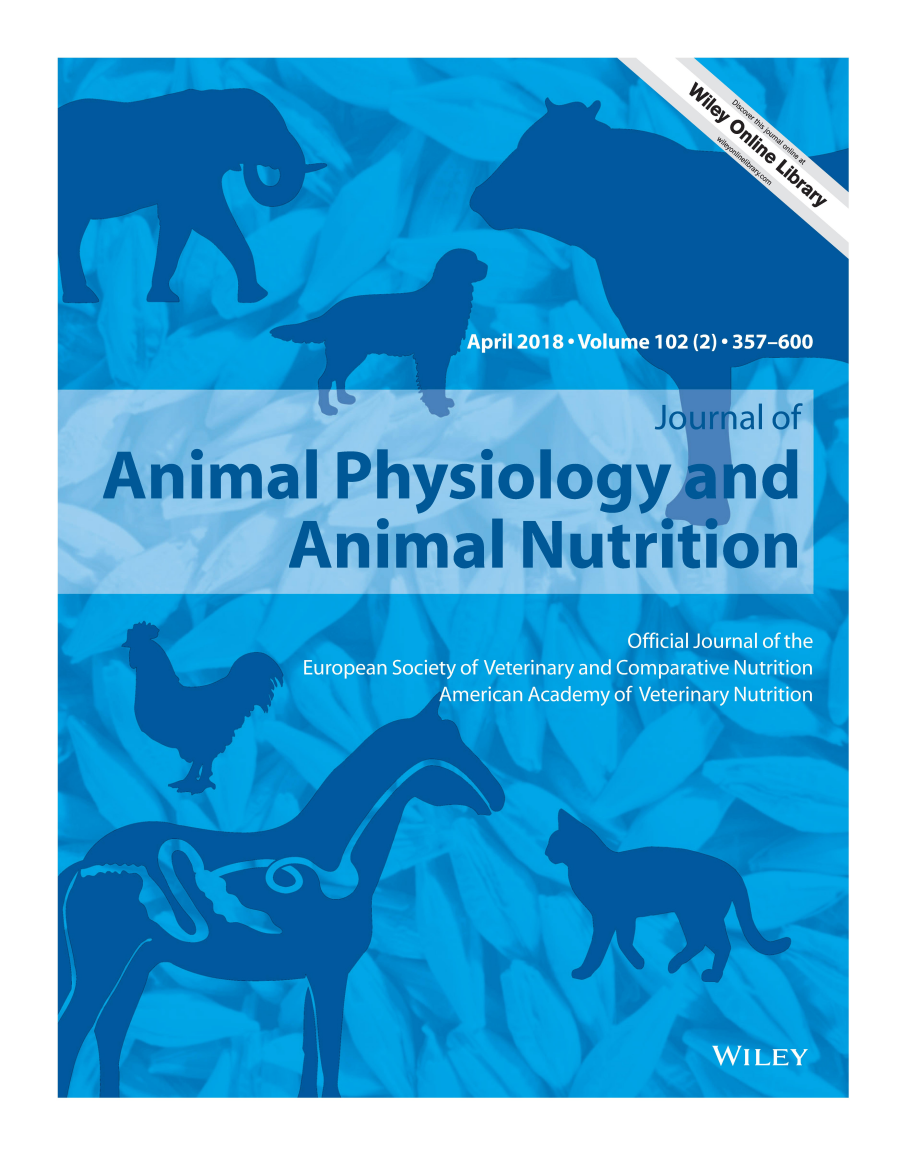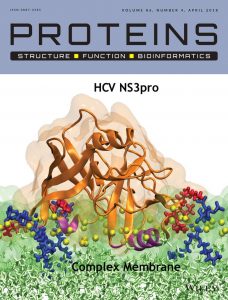
A pediatrics journal has retracted a 2016 article purporting to be the first randomized controlled trial on the effects of vitamin D supplements on autism over concerns about the reliability of the findings.
The paper, “Randomized controlled trial of vitamin D supplementation in children with autism spectrum disorder,” appeared in the Journal of Child Psychology and Psychiatry and has been cited 27 times, according to Clarivate Analytics’ Web of Science, earning it a “highly cited paper” designation compared to its counterparts of a similar age.
The authors came from Egypt, Saudi Arabia, China, Chile, the UK and Norway. According to the abstract, the researchers looked at the effects of vitamin D supplements on 109 boys and girls with autism:
Continue reading Study of autism and vitamin D earns retraction after questions about reliability
 The maker of a leading over-the-counter antacid has withdrawn its application for approval of the drug in China because a clinical trial of the product in that country was marred by “major protocol deviations.”
The maker of a leading over-the-counter antacid has withdrawn its application for approval of the drug in China because a clinical trial of the product in that country was marred by “major protocol deviations.” A group of Australian researchers who studied the cat’s meow as a model for urinary incontinence and other motor-neural issues in people have
A group of Australian researchers who studied the cat’s meow as a model for urinary incontinence and other motor-neural issues in people have  A leading orthodontics journal has retracted 12 papers after determining that they contained either reused images, questionable data or both. Several of the articles involved experiments conducted in dogs — and one person familiar with the case told us that the duplication was an attempt to avoid sacrificing more animals than necessary for the research.
A leading orthodontics journal has retracted 12 papers after determining that they contained either reused images, questionable data or both. Several of the articles involved experiments conducted in dogs — and one person familiar with the case told us that the duplication was an attempt to avoid sacrificing more animals than necessary for the research.  A fish scientist in Iran has now
A fish scientist in Iran has now 


